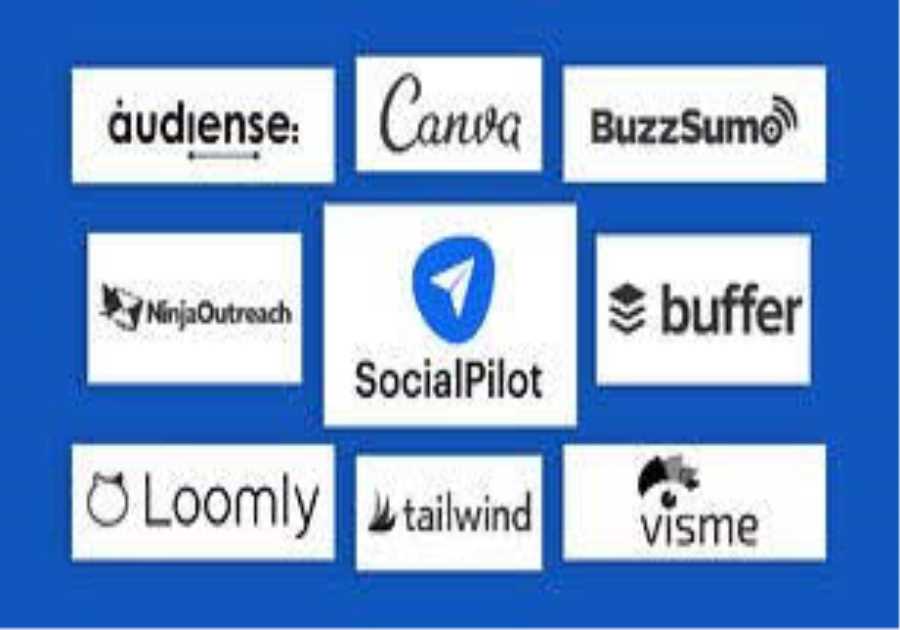
Illustration by SME| Illustration by SME
EOne of the more risky components in Musk’s bid for Twitter at $44 Billion has been dropped. This is a wise move considering the trend stocks are following over the last few weeks.
According to new SEC filings, Musk no longer plans to obtain a margin loan to finance the $44billion, or $54.20-per-share, acquisition. Musk originally planned to take out a $12.5 million loan to finance the transaction. However, after adding additional investors, the number was halved. Now, he says he’ll make up that $6.5 billion in additional equity.
If he had taken the margin loan, he would’ve needed to secure it with his Tesla stock. Under the loan’s terms, Musk needed to put up $31.25 billion worth of Tesla shares. Because the stock was falling, Musk needed more Tesla shares to pay off the loan. Margin loans can seem like a risky bet in good times. Even more when you are in a financial crisis, like the one we find ourselves currently.
If things worsened, there was the outside possibility Musk could face a so-called margin call, when the equity securing a margin loan has deteriorated and a lender forces the loan’s repayment. Musk would’ve needed to sell Tesla stock all pell-mell to make that happen, depressing the share price further. (The worst margin calls have led to the most tragic spirals, which in turn has completely consumed and destroyed companies. Archegos Capital Management experienced this recently. It probably wouldn’t have happened to Tesla, but it would’ve definitely made a bad situation even worse.) Stanley had established a threshold for triggering such an event: a Tesla stock decline of 40%. And with Tesla stock already down almost 25% in the past month, you get a sense of Musk’s circumstances: Significantly more different today, that is to say, than they were in April when he first talked about taking over Twitter.
There are complications, as with all things Musk and Twitter. How will he obtain the $6.5 Billion in equity needed to pay off the loan margin?
He’ll need to do one of two things. Possibly, he’ll sell more Tesla shares, not a great scenario in a down market. Doing so will further depress Tesla’s stock. He will also need to look for more friends to be part of his band. This is not a good scenario. If it was hard to convince investors a month ago before equities started to slip—and by the dearth of traditionally high-profile names on the deal table, it sure seems like it was difficult—it’ll be even tougher to talk people into it now. Twitter shares ended Thursday at $37.16, much below Musk’s $54.20-a-share offer. Imagine going out to fundraise right now to buy a company you’ve just spent the past few weeks maligning, accusing it of mismanaging basics like estimating spam.
When markets are down, investors tend to run away from businesses like Twitter. They’re often not financially viable and will always be a commercial failure. They are not inclined to go after them. It’s as if Musk is looking for someone to go in on a fixer-upper home with him after he has stood in the street and yelled about how the house has rats and the electricity’s all screwy. (But don’t worry, I know a good exterminator, He’ll presumably have to tell all new co-investors. This place will be great after I’m done with it.They may find him funny, justifiably.
And here’s the other matter: Hasn’t Musk said the whole thing’s on hold over those spam numbers? In a sense, you can view his decision about the margin loan as a sign it’s not on hold, and Musk expects to follow through. Why drop the margin loan and make the SEC filing if he didn’t? It looks like he may take over the position, even though it has pests.
The post Elon Musk Drops Margin Loan From Twitter Bid, Making It A Little Less Risky appeared first on Social Media Explorer.






